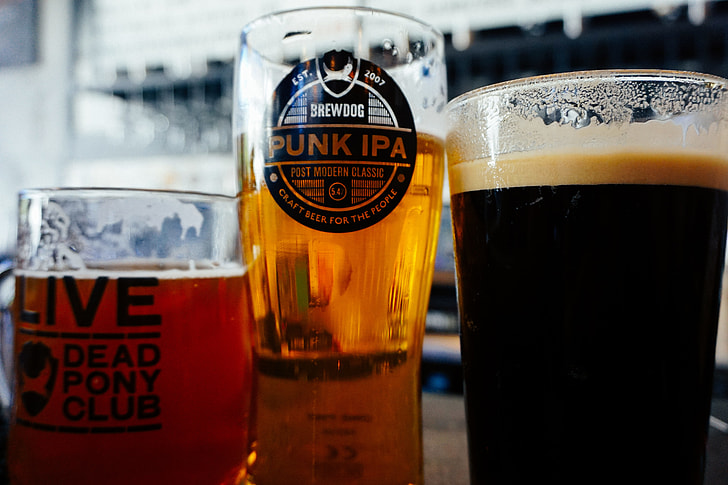BrewDog Beers Axed by 2000 Pubs
By Asmita - Aug 17, 2025
Almost 2,000 pubs in the UK have removed BrewDog beers over the past two years due to a variety of factors, including high operational costs and declining brand reputation. This setback for the Scottish craft beer company comes amidst closures of its own bars and a widening pre-tax loss, reflecting broader challenges in the UK’s struggling hospitality sector.

BrewDog via PickPik
BrewDog, the Scottish craft beer giant known for its punk aesthetic and rapid global expansion, faces a significant setback as almost 2,000 pubs across the UK have dropped its beers from their menus. Confidential industry reports suggest that the BrewDog range has been entirely removed from approximately 1,860 British pubs over the past two years, signaling a shift in sentiment across the hospitality sector. This dramatic move comes just a month after the company shuttered ten of its own branded bars, including its flagship site in ,[object Object],, further highlighting the challenges facing the once-booming brewer.
The mass removal of BrewDog’s beers is attributed to a variety of interlinked factors. Many pub operators cite ongoing industry headwinds such as soaring operational costs, increased regulatory burdens, and a tough economic environment that has placed pressure on their ability to maintain diverse and premium product offerings. Moreover, industry insiders have pointed to a decline in the brand’s reputation, driven partly by negative publicity and criticism around management practices, staff relations, and perceived declines in beer quality. The combination of these elements has led some pub groups to favor alternative suppliers that offer more stability or potentially better margins.
BrewDog’s leadership has acknowledged these challenges, with the new CEO, ,[object Object],, describing the closures and product removals as part of a “proactive decision to redefine the bar division’s focus”. Taylor emphasized that, despite efforts to innovate and adapt to market changes—such as rolling out new packaging designs and forging partnerships—the company found it unsustainable to retain its presence in locations or venues that failed to meet profitability targets. Financial data reflects these struggles: although BrewDog’s revenue ticked up from £321million to £355million in 2023, pre-tax losses widened from £30million to £59.2million as a result of rising costs and write-downs on underperforming outlets.
The reaction across the pub trade has been marked by both criticism and resignation. Trade unions have condemned the company for giving staff little notice ahead of bar closures, calling these actions ethically questionable and, in some cases, potentially unlawful. Meanwhile, industry observers view BrewDog’s recent moves as symptomatic of deeper troubles within the UK’s hospitality sector, where one pub is shutting every day in 2025 and prices for a pint now average £5.17. The shake-up not only affects BrewDog’s bottom line and workforce but also serves as a stark illustration of how changing consumer habits, economic pressures, and shifting allegiances are remaking Britain’s pub landscape.


